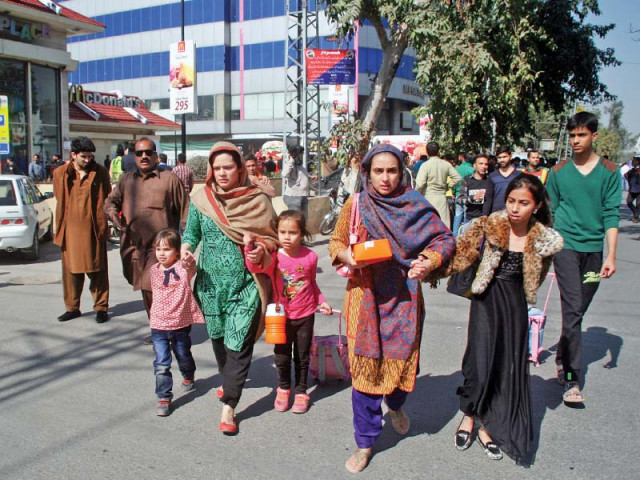
Social media posts and premature reporting by private TV channels led citizens to believe a second blast had taken place at a cafe in Gulberg right after the explosion in DHA Z-Block Market. The fake news gave rise to other rumour on social media about a school being hit by terrorists in Defence.
Eight dead as mystery blast wrecks Lahore cafe
Another message circulated via Whatsapp said the authorities had issued shoot at sight orders in Punjab at all government buildings and sensitive installations. Anyone not stopping at barriers or check-posts was to be shot at by law enforcement personnel. The advisory also mentioned that ‘no inquiry of any sort’ would be conducted into such incidents.
Rumour mongers succeeded to sow fear among citizens already in a state of grief after the deadly blast 10 days ago. But Lahore Capital City Police Officer Amin Wains came forward to put the rumours to rest.
In a statement released to media, he said the news of Gulberg blast was false. He appealed for calm and asked citizens not to get panicked by believing in rumours.
He also requested the media not to share any news without verification from police. “Lahore police are using all available resources to counter evil designs of terrorists,” he was quoted as saying.
Meanwhile, the Pakistan Electronic Media Authority (PEMRA) issued show-cause notice to 31 TV channels and ordered them to submit reply within seven days.
Defence analysts, however, believe circulation of rumours and threat alerts on social media was part of ‘psychological warfare’.
While talking to The Express Tribune, political scientist Dr Hassan Askari said rumours took birth in uncertain situations. “Rumours arise when there is a situation where they seem true.
When a few blasts have occurred already, then spreading news about another blast becomes easy,” he said.
He believed that with the introduction of social media, spreading of disinformation had become much easier. He said there were two types of rumours. “One is generated automatically due to fear and panic among in uncertain situations while the second type is part of an organised campaign,” he added.
Peshawar attack: Roadside blast leaves 3 FC men injured
Dr Hassan said countering rumours in the digital age was quite easy. “The government must come forward to share the correct, verified information with public without unnecessary delay,” he added.
Defence analyst Talat Masood said it was quite possible there were people in Pakistan who wanted to destabilise the country on a political agenda. “There are external forces also that have similar interests,” he believed. “Rumours and fake threat alerts confuse the public as well as law enforcement agencies. It has negative fallouts,” he added.
Published in The Express Tribune, February 24th, 2017.


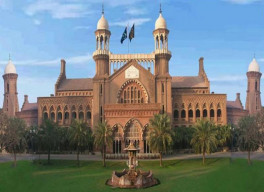

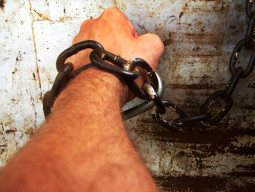




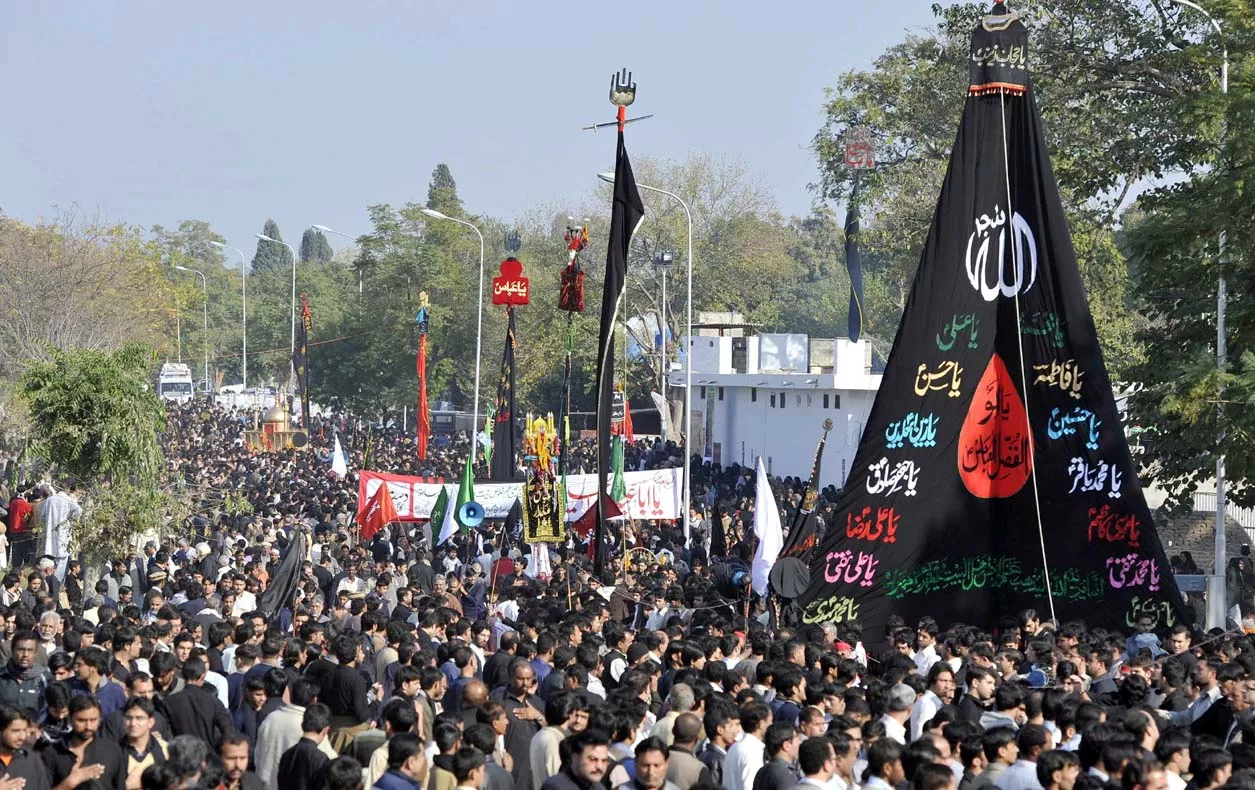

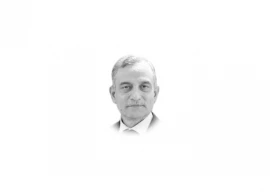

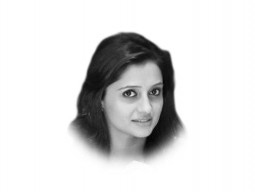

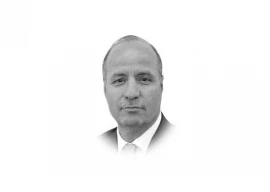


COMMENTS
Comments are moderated and generally will be posted if they are on-topic and not abusive.
For more information, please see our Comments FAQ